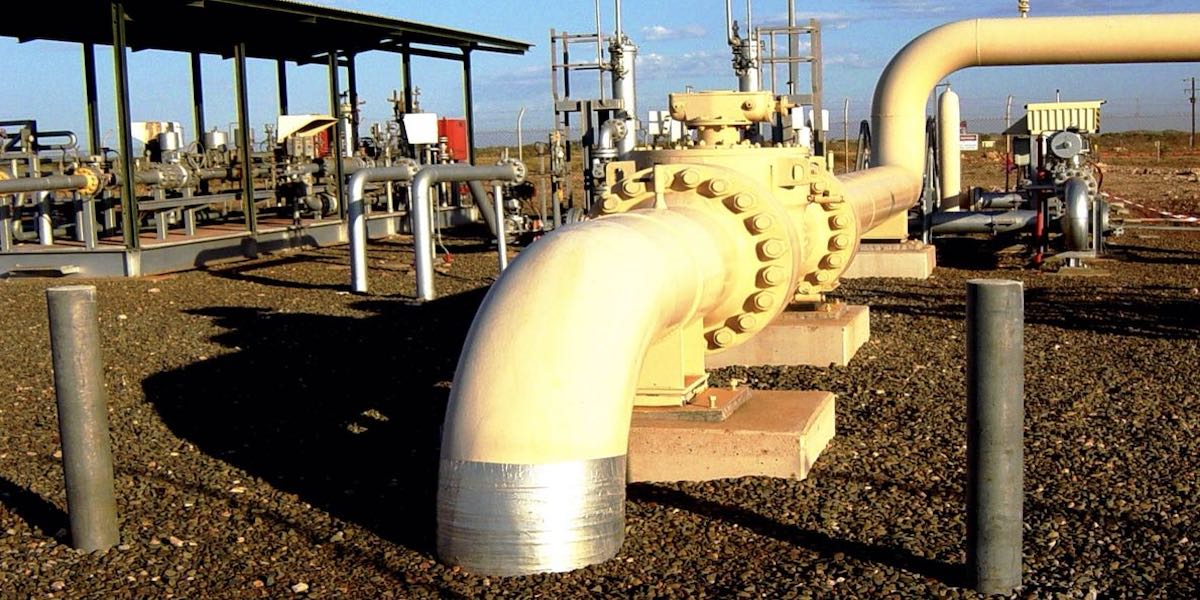
13 Jul 2021 Biden Imperils America’s Energy Independence
It was only as far back as 2019 that the United States became energy independent for the first time in almost 65 years. But, just as quickly, the Biden Administration’s climate agenda is making that earned independence “inconsistent.”
 And, as National Center Senior Fellow Bonner Cohen, Ph.D., points out, this has economic as well as national security implications for the nation.
And, as National Center Senior Fellow Bonner Cohen, Ph.D., points out, this has economic as well as national security implications for the nation.
In a RealClearEnergy analysis on the nation’s new energy perils, Kevin Mooney quotes Bonner, who says:
In subordinating American energy independence to a quixotic effort to micromanage the planet’s climate, the Biden Administration is engaging in a folly of breathtaking proportions.
Mooney notes that this fragile state of American energy was exposed by the recent cyberattack that shut down the Colonial Pipeline in the southeastern United States:
It took a cyberattack to make clear how integral pipelines are to making the most of abundant natural resources that are available domestically and in a friendly, neighboring country. Unfortunately, Biden’s cancellation of the permit for the Keystone Pipeline is just the beginning as it has set the stage for a broader assault on the oil and gas industry throughout the U.S. that works to the advantage of hostile foreign powers.
Keystone’s cancellation, according to economist David Kreutzer, left the nation with “no hope of quickly regaining its capacity.” Mooney explains what this means:
While the impact of the cyberattack is immediately evident, the fallout from the cancellation of the Keystone Pipeline, which would have transported hundreds of thousands of barrels of oil per day from Canada to the U.S. Gulf Coast, is not yet as palpable to energy consumers.
Bonner agrees, adding that none of these radical policy shifts produce a measurable environmental gain:
Nothing they are proposing will have any measurable effect on the climate. Nor should it. The climate is doing quite well, thank you. We are living in an interglacial period, which is far preferable to the alternative: a new Ice Age. Today’s higher levels of atmospheric CO2 are highly beneficial, especially to plant life and agriculture.
Making matters increasingly grave, “the administration has put the country back on a path toward drawing in more imports from foreign nations and from here it gets worse” and “dilut[ing] the Interior Department’s energy portfolio by restricting oil and gas development on federal lands while also halting petroleum production from the National Petroleum Reserve in Alaska,” writes Mooney.
Summing up this serious state of energy affairs, Bonner says:
Abandoning fossil fuels, of which the U.S. has an abundance, and embracing intermittent wind and solar power, which are dependent on China for most of their materials and back-up batteries, is geopolitical suicide. We haven’t seen this kind of poor judgment since the summer of 1914 when European leaders decided that a quick, short war would solve all their problems.
To read Mooney’s entire article, click here.




